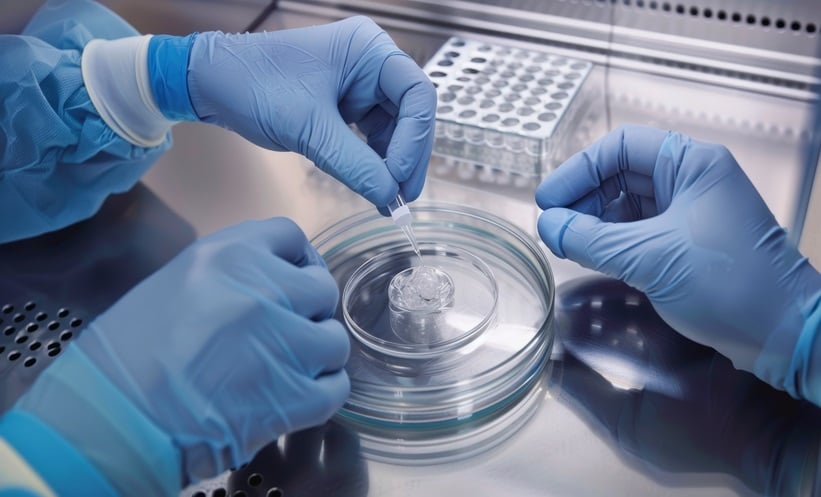A NEW study from the IVF centre in Istanbul indicates that ultrasound and hormone monitoring during hormone replacement therapy cycles for frozen embryo transfer may not improve pregnancy outcomes in carefully selected patients. The findings could streamline treatment, reduce costs, and ease the burden on patients undergoing assisted reproduction.
Minimal monitoring has long been debated, particularly in good-prognosis cases where clinicians rely on endocrine and ultrasound assessments to ensure optimal endometrial preparation. However, the new retrospective analysis suggests these steps may be unnecessary for many patients.
The study assessed 294 women under the age of 37 undergoing single blastocyst transfers between June 2023 and October 2024. All participants had good reproductive prognoses, with infertility attributed to unexplained factors, polycystic ovary syndrome, mild male-factor infertility, or combinations thereof.
Researchers compared two groups: one that received no endocrine or ultrasound monitoring during hormone replacement therapy preparation, and a control group that underwent standard monitoring. The results showed no meaningful differences between the two approaches.
Comparable Outcomes Regardless of Monitoring
Pregnancy rates were virtually identical: 68.4% without monitoring and 69.7% with monitoring. Implantation rates (57.9% vs 62.4%), ongoing pregnancy rates (46.1% vs 49.1%), and miscarriage rates (11.8% vs 13.3%) were also statistically similar. Importantly, monitoring was not an independent predictor of ongoing pregnancy when researchers adjusted for confounders.
Reducing Monitoring While Maintaining Treatment Success
The findings indicate that for selected patients, routine monitoring may add little value. The authors argue that removing these steps could reduce both treatment complexity and patient discomfort, while also lowering financial costs.
However, the team emphasises that the findings apply to a very specific population: patients using hormone replacement therapy protocols for endometrial preparation and undergoing single, autologous blastocyst transfers. Further prospective research may help determine whether the approach is safe to adopt more widely.
Reference
Asoglu MR et al. Validity of completely omitting endocrine and ultrasound monitoring in hormone replacement therapy protocols for frozen embryo transfer in good-prognosis patients undergoing single blastocyst transfer. Fertil Steril. 2025;124(5):1024–31.








